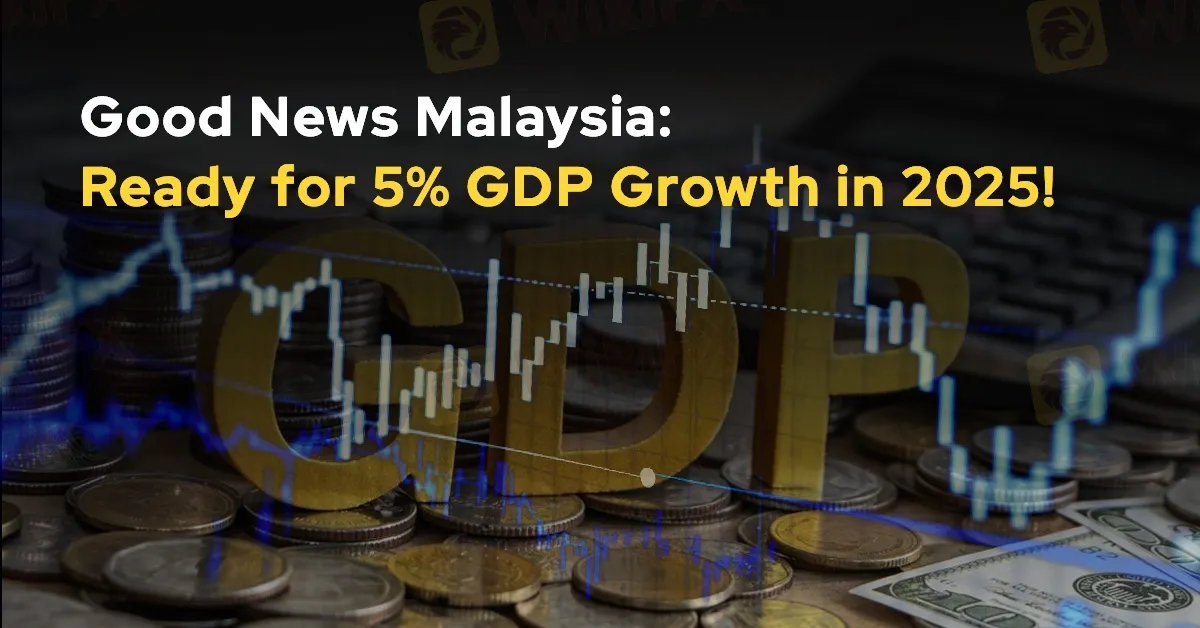Good News Malaysia: Ready for 5% GDP Growth in 2025!
abstrak:Malaysia's economy is on track to sustain its robust growth, with GDP expected to exceed 5% in 2025, according to key government officials. The nation's economic resilience is being driven by strong foreign investments and targeted government initiatives designed to mitigate global economic risks.

Second Finance Minister Amir Hamzah Azizan revealed that Malaysia's fiscal health has improved significantly, with the budget deficit for 2024 likely falling below the 4.3% target of GDP. The government is set to reduce this further to 3.8% by 2025, highlighting its commitment to maintaining economic stability.
Amir expressed confidence in the countrys diversified economy, which he believes can weather challenges posed by global trade uncertainties. He noted that Malaysia's economic foundation is resilient enough to navigate volatility, including potential impacts from tariffs and trade policies introduced by the Trump administration.
Economy Minister Rafizi Ramli echoed this optimism, citing the strategic development of a special economic zone with Singapore as a key driver of sustained growth. The project is expected to attract significant global investments, with announcements on the first wave of commitments anticipated in the coming months. Rafizi acknowledged, however, that external factors, such as shifting global policies, must be carefully monitored.

Malaysias currency, the ringgit, emerged as one of the strongest performers in emerging markets in 2024, gaining 2.7% and reversing a three-year decline. While trading at 4.50 against the dollar, Rafizi described the ringgit as undervalued, suggesting it should ideally range between 4.10 and 4.15. He emphasised that maintaining growth momentum would further strengthen the currency in the medium to long term.
Government-linked investment companies (GLICs), which manage assets totalling nearly 2 trillion ringgit, have also increased their contributions to the economy. Amir highlighted that these firms have committed an additional 120 billion ringgit over a five-year period, boosting total investments to over half a trillion ringgit.
Domestic demand is expected to rise, spurred by higher salaries for civil servants and plans to increase the minimum wage in the private sector. This approach aligns with the governments broader economic strategy to stimulate growth through both foreign investment and enhanced local spending power.
The Malaysian government is finalising reforms to streamline fuel subsidies, targeting the wealthiest 15% of the population. This move aims to ensure that subsidies benefit those who need them most, while reducing fiscal pressure.
Malaysia's ability to sustain strong foreign direct investments and implement effective policies has set a promising trajectory for the economy. Officials estimate GDP growth to remain between 4.5% and 5.5% in 2025, surpassing analysts' predictions of 4.7%.
Amir concluded with optimism, stating that the ongoing economic activity and investments provide a solid foundation for continued growth.

Broker ng WikiFX
Exchange Rate

